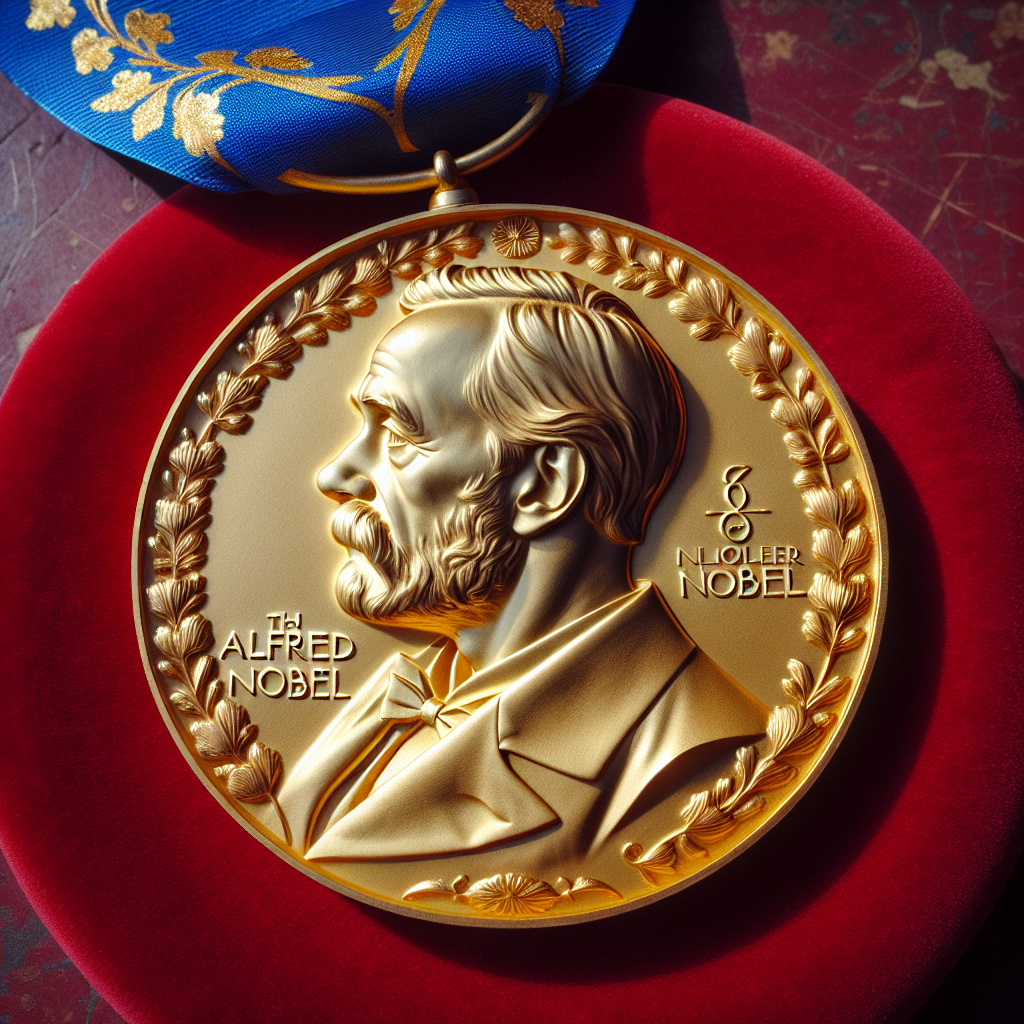Quantum Pioneers: Unveiling the Macro World of Quantum Mechanics
U.S.-based scientists John Clarke, Michel Devoret, and John Martinis received the 2025 Nobel Prize in Physics for their groundbreaking experiments demonstrating quantum physics in action. Their work paved the way for advancements in quantum technology, including quantum computers and sensors, highlighting the century-old quantum mechanics' continuous surprises and practical applications.

In a groundbreaking development, U.S.-based scientists John Clarke, Michel Devoret, and John Martinis have been awarded the 2025 Nobel Prize in Physics. The Royal Swedish Academy of Sciences honored their pioneering experiments which showcased quantum physics on a macroscopic scale, setting the stage for future advancements in quantum technology.
Carried out in the mid-1980s, their experiments with superconducting electronic circuits demonstrated tangible quantum mechanical properties, laying the foundation for technologies like quantum computers and quantum cryptography. John Clarke expressed astonishment at the recognition, noting the profound impact their work has on everyday technologies.
The Nobel physics prize, which boasts a legacy of honoring icons like Albert Einstein and Marie Curie, remains a pinnacle in scientific accolades. This year's announcement continues the tradition, highlighting the award's prestige and the evolutionary breakthroughs in the realm of physics.
(With inputs from agencies.)










